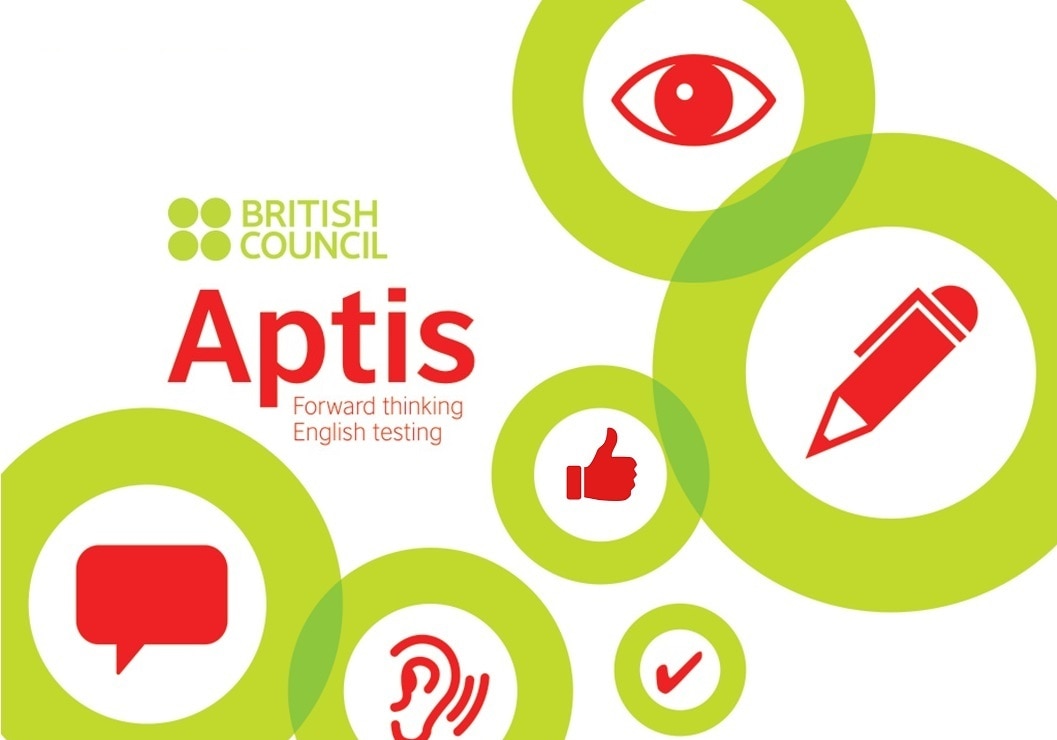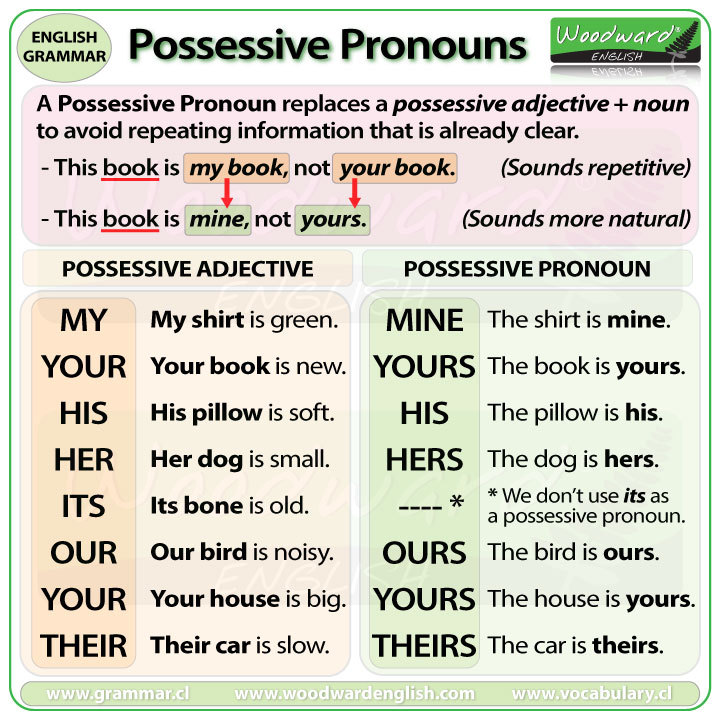WHAT IS APTIS?
Aptis for Teens Learning Guide
APTIS CANDIDATE GUIDE
PAGE 4 .... Structure
PAGES 5-8 .... Grammar and vocabulary
PAGES 9-14 .... Reading
PAGES 5-8 .... Grammar and vocabulary
PAGES 9-14 .... Reading
GRAMMAR AND VOCABULARY GUIDE
READING VIDEO GUIDE..... 30 minutes
https://www.britishcouncil.org/exam/aptis/reading
Reading part 1
In this part, you must select the appropriate word from a drop-down list. You should complete this part in about three minutes.
Reading part 2
In the second part, you must sort the sentences into the correct order to make a story. Do this by clicking on a sentence and dragging it to its correct position
Reading part 3
In the third part, you must select the word from the group at the bottom of the screen and drag a word into each of the seven empty boxes. There are ten word options and only seven spaces. If you change your mind, that's not a problem as you can move the words around until you make you final decision.
Reading part 4
For the final part, it is necessary to scroll the reading text to see all of it. Do this by clicking on the side bar (as shown) and move the bar up and down. Select the appropriate heading from the drop-down list on the right-hand side
Reading part 1
In this part, you must select the appropriate word from a drop-down list. You should complete this part in about three minutes.
Reading part 2
In the second part, you must sort the sentences into the correct order to make a story. Do this by clicking on a sentence and dragging it to its correct position
Reading part 3
In the third part, you must select the word from the group at the bottom of the screen and drag a word into each of the seven empty boxes. There are ten word options and only seven spaces. If you change your mind, that's not a problem as you can move the words around until you make you final decision.
Reading part 4
For the final part, it is necessary to scroll the reading text to see all of it. Do this by clicking on the side bar (as shown) and move the bar up and down. Select the appropriate heading from the drop-down list on the right-hand side
SECTIONS TO DO
GRAMMAR... 12 minutes - VOCABULARY .... 13 minutes
The Aptis Grammar and Vocabulary test consists of two parts.
Divided into 4 tasks (Sentence comprehension, Text cohesion, Short text comprehension, Long text comprehension)
Part 1... Sentences comprehension "multiple choice"
Part 2... Text organization "7 sentences"
Part 3... Read text "complete the correct word"
Part 4... Match heading for each paragraph.
Aptis Practice Test Version 1 Grammar Vocabulary Reading
JULY 25
GLOSSARY
Aptis Practice Test Version 2 Grammar Vocabulary Reading
JULY 25
GLOSSARY
Aptis Practice Test Version 3 Grammar Vocabulary Reading
WHEN YOU HAVE DONE, PLEASE COMPARE AND CHECK YOUR ANSWERS
Page 94, 95,96.
The Aptis Grammar and Vocabulary test consists of two parts.
- In the first (grammar) part of the test, you will answer 25 questions.
- In the second (vocabulary) part of the test, you will have 25 questions
Divided into 4 tasks (Sentence comprehension, Text cohesion, Short text comprehension, Long text comprehension)
Part 1... Sentences comprehension "multiple choice"
Part 2... Text organization "7 sentences"
Part 3... Read text "complete the correct word"
Part 4... Match heading for each paragraph.
JULY 22
GLOSSARYAptis Practice Test Version 1 Grammar Vocabulary Reading
JULY 25
GLOSSARY
Aptis Practice Test Version 2 Grammar Vocabulary Reading
JULY 25
GLOSSARY
Aptis Practice Test Version 3 Grammar Vocabulary Reading
WHEN YOU HAVE DONE, PLEASE COMPARE AND CHECK YOUR ANSWERS
Page 94, 95,96.




